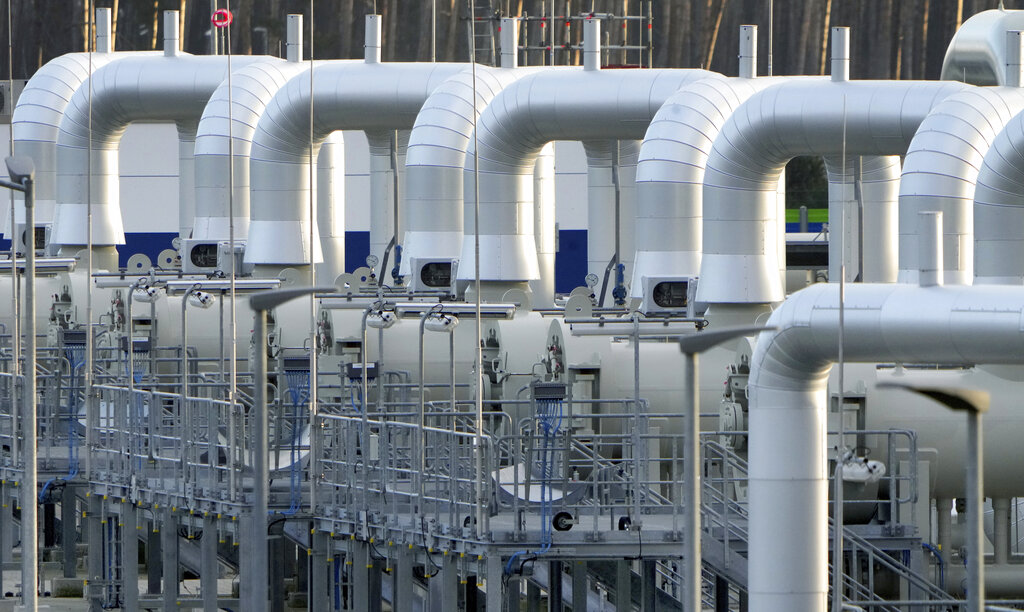Russian state-owned Gazprom and the Iranian state oil company NIOC have agreed on a strategic cooperation. Gazprom will invest $40 billion in the Iranian oil and gas industry in a move announced by Gazprom, the Shana news service of the Iranian Oil Ministry, and the Iranian IRNA news agency on Tuesday.
According to the draft agreement, the two companies wish to explore the possibilities of cooperation, for example, in the development of Iran’s oil and gas fields, natural gas liquefaction, construction of pipelines, and scientific and technical cooperation. The document was signed by the CEO of NIOC (National Iranian Oil Company) and the deputy chairman of the board of directors of Russia’s Gazprom in an online ceremony on Tuesday.
Among the most important points of Shana’s report are the development of Iran’s Kish and North Pars gas fields, as well as six oil fields, the pressure increase of the South Pars gas field, the completion of several LNG projects, the trade of gas and petroleum products, and the construction of gas pipelines. The CEO of NIOC emphasized that the significant Russian investment in the Iranian oil industry proves the commitment of the two countries to ensuring a sustainable energy supply.
On Tuesday, a tripartite meeting was held in Tehran with the participation of Russian President Vladimir Putin, Iranian President Ebrahim Raiszi and Turkish President Recep Tayyip Erdoğan. Iran has one of the largest gas fields in the world. However, U.S. sanctions against the country over its nuclear program prevent Tehran from accessing the modern technology needed for extraction. Iran’s main source of income is oil and gas exports.
After the 2015 Vienna nuclear agreement and the lifting of sanctions, the country had the capacity to export up to 3 million barrels of oil per day. However, when Iran came under strict U.S. sanctions again during the presidency of Donald Trump, its export capacity fell below 1 million barrels per day.





